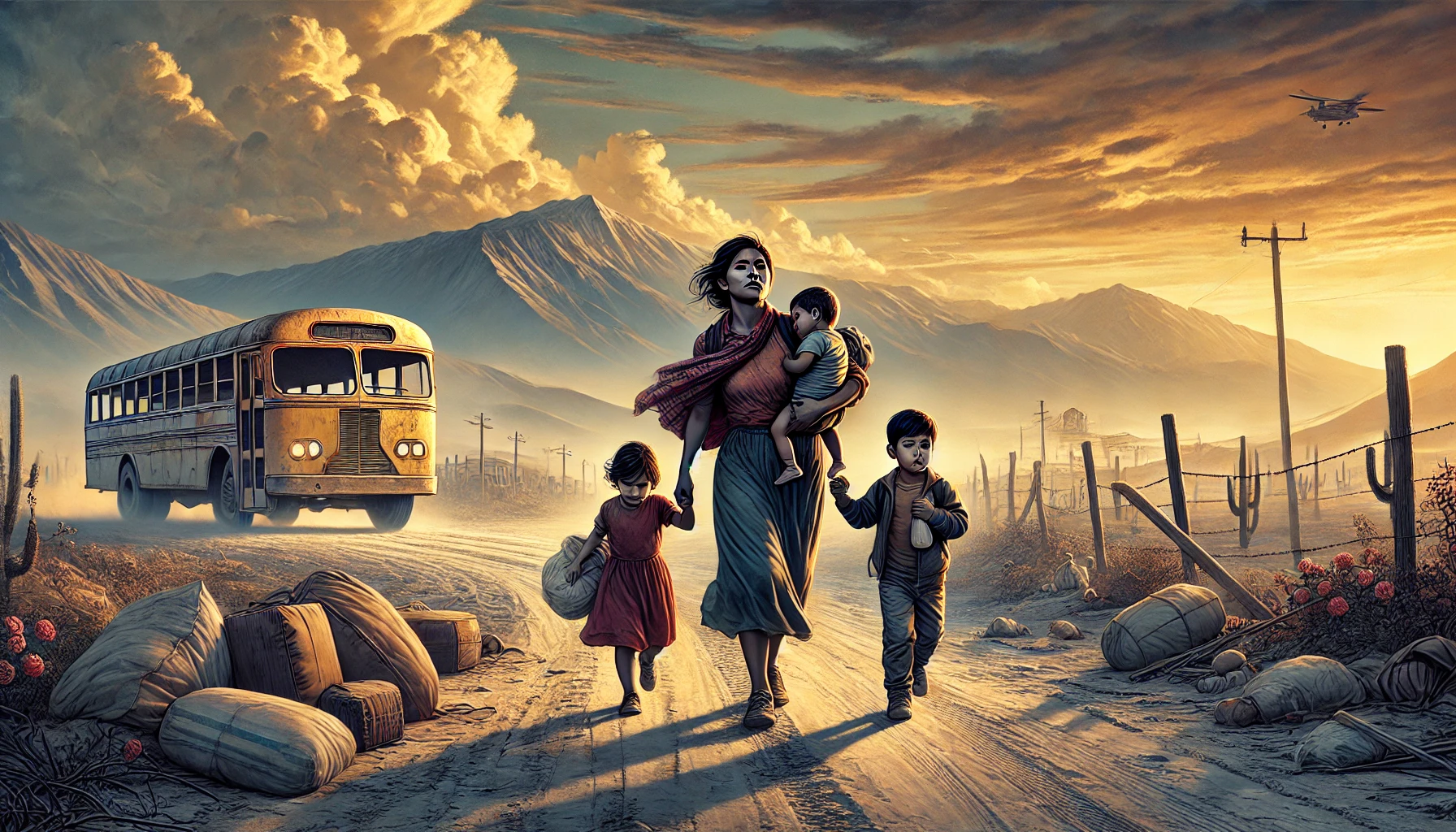Haiti's Child Displacement Crisis: Over 1 Million Internally Displaced, Half of Them Children
UNICEF Sounds Alarm on Rising Violence, Exploitation, and Humanitarian Needs.

The number of internally displaced children in Haiti has surged by nearly 50% since September 2024, now accounting for approximately one in eight children in the country. This sharp increase is driven by escalating violence perpetrated by armed groups, compounding an already dire humanitarian crisis.
New estimates indicate that over 1 million people are now internally displaced in Haiti, with more than half of them children. Many of these children face urgent threats, including malnutrition, disease, and exploitation.
“It is a horrific time to be a child in Haiti, with violence upending lives and forcing more children and families from their homes,” said UNICEF Executive Director Catherine Russell. “Children desperately need safety, protection, and access to essential services. We cannot look away.”
The crisis has been fueled by years of political instability, severe poverty, and inequality, which have enabled armed groups to expand their control. In many cases, children are coerced into joining these groups, with child recruitment increasing by 70% in the past year. Alarmingly, children now constitute up to 50% of the membership of some armed factions—a clear violation of children’s rights and international law.
Escalating Risks for Displaced Children
Internally displaced children face heightened exposure to violence, including sexual exploitation and abuse, which has surged by 1,000% over the past year. Many live in unsanitary conditions, increasing their vulnerability to diseases such as cholera. There have been nearly 88,000 suspected cholera cases in the past year, exacerbating an already dire public health situation.
Displacement has also disrupted access to essential services such as education, clean water, and healthcare. Nearly 6,000 people are living in famine-like conditions, and malnutrition rates are rising among children who have lost access to stable food supplies.
In the metropolitan area of Port-au-Prince alone, more than 1.2 million children are at immediate risk. In December, violence escalated further, with attempted sieges on residential areas displacing an estimated 40,000 people within two weeks.
Calls for Action
UNICEF has issued an urgent call for all parties to:
- End violence and halt violations of children’s rights, including the recruitment of children into armed groups and sexual violence.
- Facilitate unimpeded humanitarian access to reach vulnerable populations, including displaced children.
- Support long-term solutions to stabilize communities, rebuild infrastructure, and address root causes of the crisis.
“Children in Haiti are bearing the brunt of a crisis they did not create. They rely on the Haitian Government and international community to take urgent action to protect their lives and safeguard their futures,” said Russell.
Amplifying Support Efforts
To meet the increasing humanitarian needs, UNICEF has ramped up its efforts, delivering life-saving aid to displacement sites. The agency has also launched campaigns to provide vaccinations, clean water, and essential medical supplies. However, chronic funding shortages remain a significant obstacle, with only a fraction of required resources secured for 2025.
This crisis underscores the urgent need for coordinated global action to address Haiti's deep-seated challenges. The international community must step in to provide immediate relief while supporting the country's long-term recovery and resilience.
- READ MORE ON:
- Catherine Russell
- Haiti
- UNICEF










